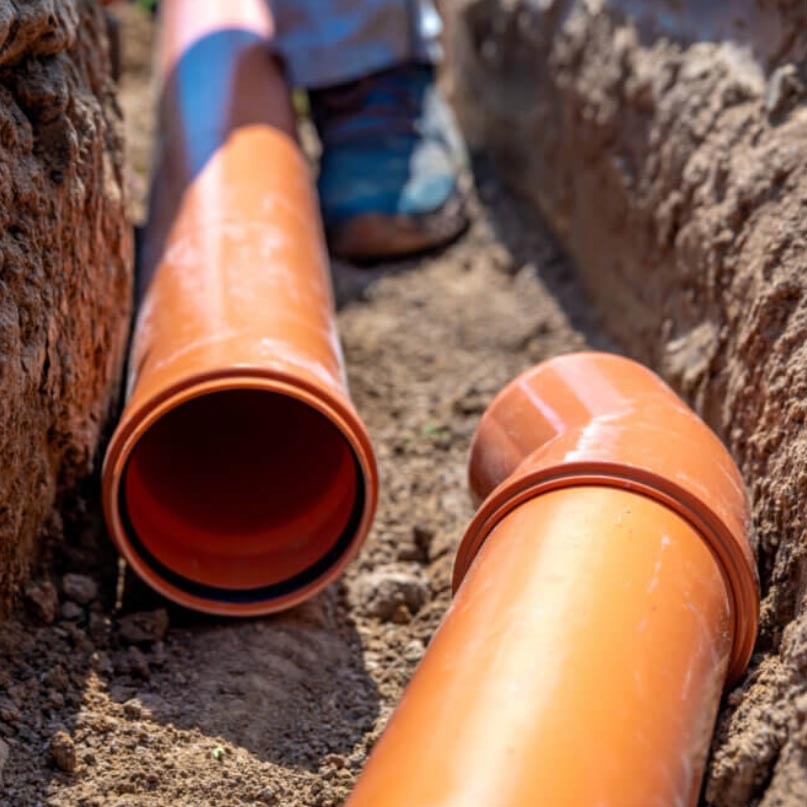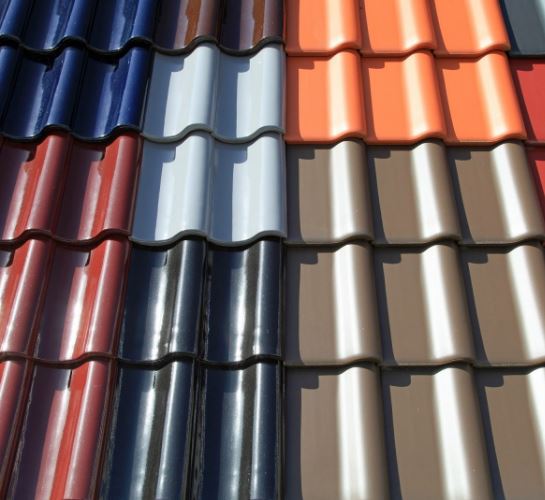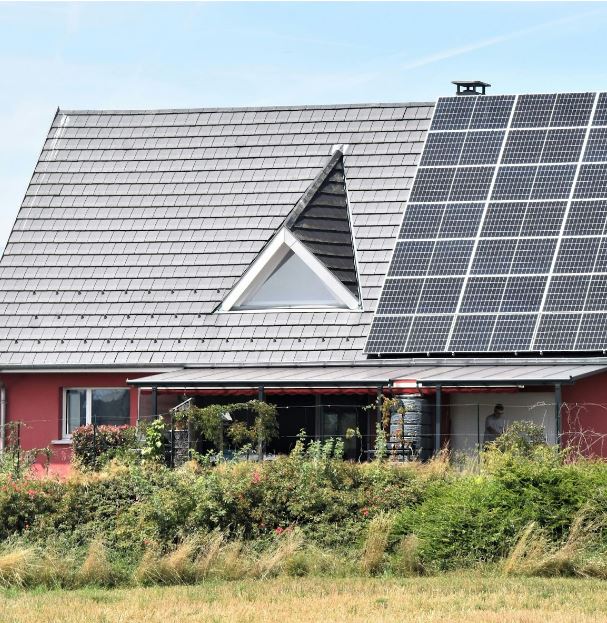8 Strange Smells That Might Mean Plumbing Repairs Are Coming!

Your plumbing system operates quietly in the background, ensuring water flows efficiently and waste is disposed of effectively. But when something goes wrong, your nose might detect a problem before your eyes do. Unusual smells in your home are not just unpleasant—they can be indicators of hidden plumbing problems that require immediate attention. Acting quickly to address these issues can prevent them from escalating into more significant and costly repairs. Here are eight specific odors to watch out for, along with what they might signify about your plumbing system.
1. Rotten Egg or Sulfur Smell
A distinct sulfur or rotten egg odor typically indicates the presence of hydrogen sulfide gas, which forms as organic material breaks down in stagnant water or sewer systems. This smell is unmistakable and usually points to problems in your plumbing, such as:
- A dry P-trap in your sink or bathtub.
- A possible obstruction in your sewer line.
The P-trap, a U-shaped pipe located beneath your sink, retains water to prevent sewer gases from escaping into your home. If it dries out, the gases can escape. To address this issue, pour water into the affected drain to refill the P-trap and seal the odor. However, if the smell persists, it might indicate a more severe problem requiring an inspection by a professional Ottawa plumber.
2. Sewer Gas Smell
A strong sewer odor inside your home is more than just unpleasant—it’s a sign of a potential hazard. Common causes include:
- Cracks in your drain pipes allowing gas to escape.
- A dry or improperly installed P-trap.
- Broken or leaking vent pipes.
Sewer gas can pose health risks, including headaches, nausea, and respiratory problems. Ignoring this smell can lead to worsening conditions, so it’s crucial to locate the source and have a professional plumber address the issue immediately.
If you are located in Jackson County, you should look for a full service plumbing company in Jackson that can identify and resolve sewer gas leaks safely. Local professionals are equipped to handle issues specific to the region’s plumbing systems and building codes.
3. Mildew or Musty Odors
A persistent damp or musty odor in your home often points to hidden water leaks. These smells are commonly caused by:
- Leaking pipes inside walls or under flooring.
- Broken wax seals around toilets, allowing wastewater to seep out.
- Malfunctioning sump pumps leading to standing water in the sump pit.
If left unattended, these leaks can promote mold growth, which may harm indoor air quality and even cause structural issues in your home. A qualified plumber can identify the exact source of the leak and carry out the required repairs to safeguard your property.
4. Foul Odor from Garbage Disposals
If your kitchen sink smells like rotting food, the likely culprit is your garbage disposal. Small food particles can get stuck in the garbage disposal, where they decompose and produce unpleasant odors. To tackle this issue:
- Clean the disposal thoroughly using a mix of baking soda and vinegar.
- Run ice cubes and citrus peels through the disposal to dislodge debris and leave a fresh, pleasant scent.
If the odor persists, it might indicate a deeper issue, such as a clogged drain or buildup in the disposal that requires professional cleaning or repairs.
5. Chemical or Gasoline Smell
A chemical or gasoline-like smell in your home is alarming and may indicate contamination in your water supply. This can occur due to:
- Nearby industrial activities affecting your water source.
- Leaking underground fuel tanks contaminating groundwater.
While this issue isn’t always directly related to your plumbing system, it’s essential to stop using the water immediately and contact a local plumber or water authority to investigate. Contaminated water can present significant health hazards, making swift action essential.
6. Musty or Moldy Odor Around Sinks
Detecting a musty or moldy smell near your sinks is a strong sign of moisture accumulation in the area. Possible causes include:
- Slow leaks under the sink that go unnoticed over time.
- Poorly sealed fixtures allowing water to seep out.
Check under your sink for signs of water damage or mold growth. Acting promptly is essential to prevent mold from spreading and causing potential health concerns. A professional plumber can fix leaks and reseal fixtures to remove the source of unpleasant odors.
7. Stale Water Odor from Sump Pumps
Sump pumps play a crucial role in safeguarding your basement from flooding by effectively removing excess water. However, when they fail, stagnant water can collect in the sump pit, leading to a stale or unpleasant smell. Common causes include:
- A malfunctioning or failing pump.
- A clog in the discharge line, preventing water from being removed effectively.
Performing routine maintenance on your sump pump, such as regular testing and cleaning, can help avoid these problems. If the pump is not functioning as it should, a plumber can repair or replace it to ensure it operates effectively.
8. Ammonia or Urine Smell
An ammonia-like smell in your bathroom is both unpleasant and a sign of a plumbing problem. This odor is often caused by:
- A broken wax seal under your toilet.
- Sewer gases leaking from the base of the toilet.
Beyond the smell, a broken wax seal can lead to wastewater seeping into your flooring, causing rot and structural damage. Replacing the wax seal promptly is critical to preventing further complications and restoring a healthy environment.
Preventive Tips to Avoid Plumbing Smells
While addressing plumbing odors when they occur is essential, taking proactive steps can help you avoid these problems altogether. To keep your plumbing system functioning optimally, consider these preventive tips:
- Clean your drains regularly using natural solutions such as baking soda and vinegar. These can effectively dissolve debris and help prevent clogs from forming.
- Inspect plumbing fixtures: Frequently check for leaks or signs of damage, such as discoloration or water stains.
- Maintain your sump pump: Test it regularly and clear away any debris to ensure proper operation.
- Keep P-traps filled: Run water in seldom-used sinks and drains to prevent them from drying out.
Conclusion
Strange smells in your home are often the first warning signs of plumbing issues. By identifying and resolving these smells quickly, you can avoid expensive repairs, safeguard your home’s integrity, and maintain a comfortable and odor-free environment. If you detect any of these smells and suspect they might be related to a plumbing issue, it’s crucial to reach out to a professional plumber without delay. Taking a proactive approach and resolving issues promptly is key to maintaining your plumbing system in excellent working order.







